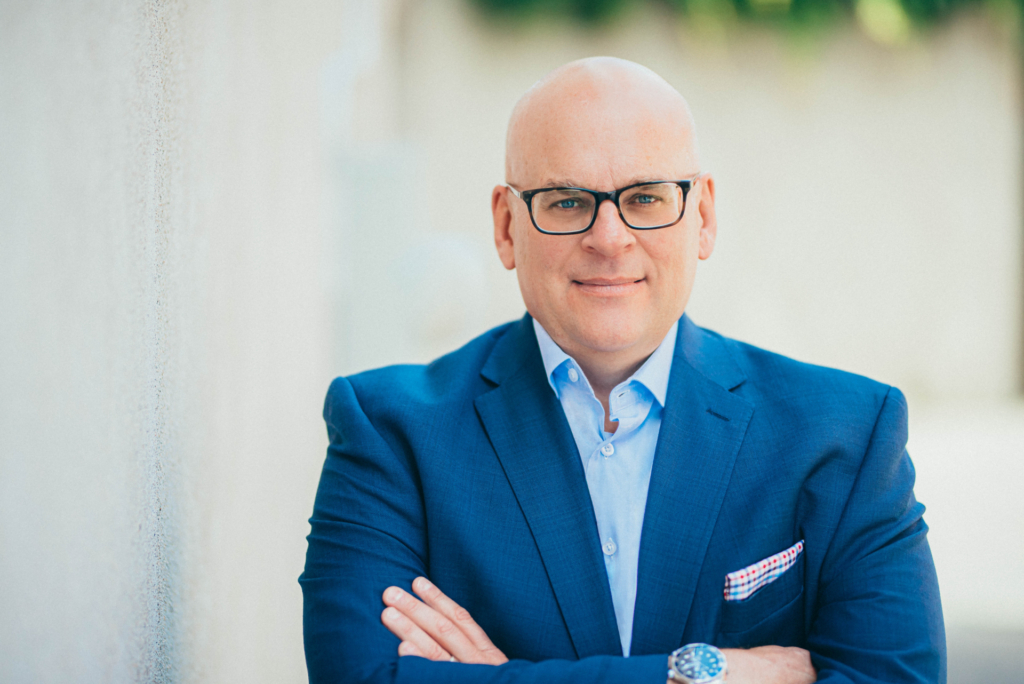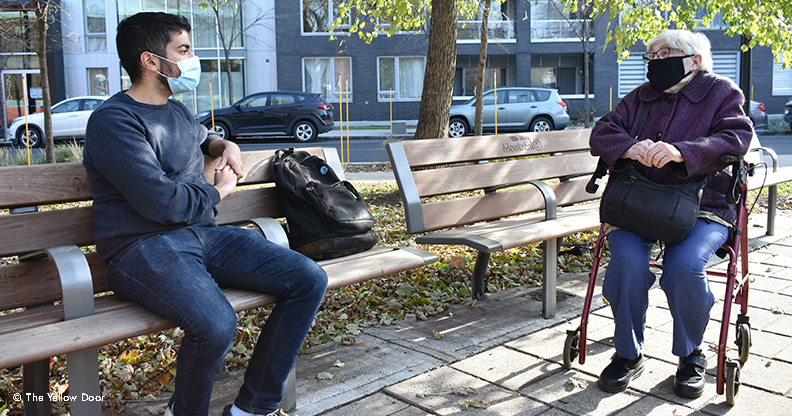As part of the International Day for the Eradication of Poverty on October 17, it is important to remember that nearly 1.2 million Quebecers are living in poverty, half of whom live in the Greater Montreal area.
Donor support will be crucial in the coming months as the pandemic and its social impacts continue to unfold to an extent we still can’t fully determine.
One thing is clear, inequalities between the rich and the poor have increased and those who were already experiencing hardship 18 months ago, are even more vulnerable today. In a recent Léger survey, more than one in five people reported falling into a situation of poverty or vulnerability due to the pandemic. Among 18 to 34 year olds, that number is one in three.
Therefore, it is important to ensure the continuity of services of the 350 community agencies that Centraide supports in Montreal, Laval and the South Shore so that they continue to meet the needs of the 800,000 people they serve in Greater Montreal. Despite having to change many regular activities due to health rules, community agencies were able to maintain or reorganize their services. They have worked tirelessly, even through the labour shortages that have also affected their sector. We must continue supporting them so that they can focus on their mission.
This week, La Presse press reported on the rental housing market in Montreal and the shrinking supply of affordable housing all around the province. Some families have faced monthly rent spikes of $150 to $200. For many of them, this means that rather than turning to food banks on the 28th of the month, they may need to seek help earlier, around the 20th of the month. According to the Observatoire des tout-petits, the high rental cost may also be linked to precarious health conditions and can create a great sense of anxiety for families. Some of those families may even need to move further away from their support network to find an affordable home or resign themselves to living in a substandard dwelling.
The situation is even more concerning for some of our seniors over 85 for who the cost of rent can represent 33% of their income. This heavy financial load prevents them from living in dignity.
Last year, our fundraising campaign with the public and in workplaces set a record. This year, we must keep up this outpouring of generosity to counter the pandemic’s impacts on things like job losses, food insecurity, mental health and social isolation and exclusion. Requests for help continue to explode, and social distress is still very present.
Centraide supports community agencies who work hard daily to find solutions that can help vulnerable individuals. By working together to innovate, we will find solutions to the issues of poverty so that everyone can live in dignity.
To do even more to support our Greater Montreal, we must collectively define what we want our society to be. However, only 46% of respondents to the Léger survey wish to make the fight against poverty a true social project. We still need to raise awareness and demonstrate that the fight against poverty and social exclusion can be an important lever for social and economic development.
Centraide will continue to play its role in uniting leaders of change and being the voice of the more than 800,000 people who have been helped in the hopes of demystifying poverty and putting in place durable solutions to improve the community.
Now that the economic recovery is in motion, Centraide’s mission is to allow everyone to reach their full potential, in an inclusive and fair manner. Admittedly, this poses a significant challenge, but can our society afford not to try?

Claude Pinard
President and Executive Director
Centraide of Greater Montreal
*Sondage Léger auprès des Québécois sur la perception de la pauvreté au Québec – August 2021
**Observatoire des tout-petits data: Logement – Observatoire des tout-petits



